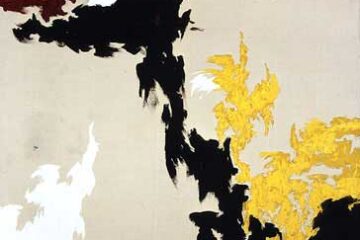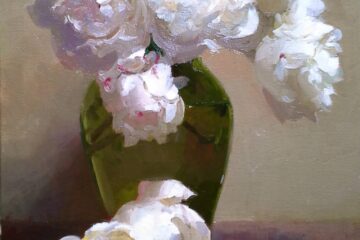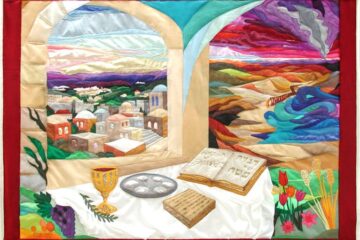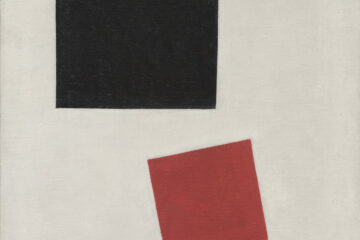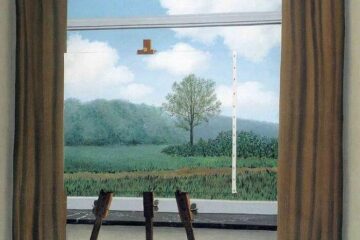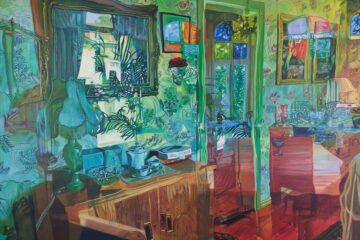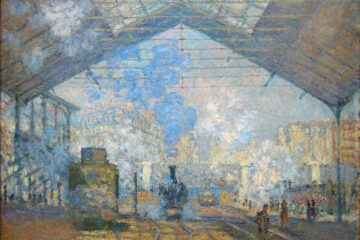The spirituality of imperfection opens us up to viewing others, and ourselves, with a measure of divine grace. View the study sheet here. Watch the recording here.
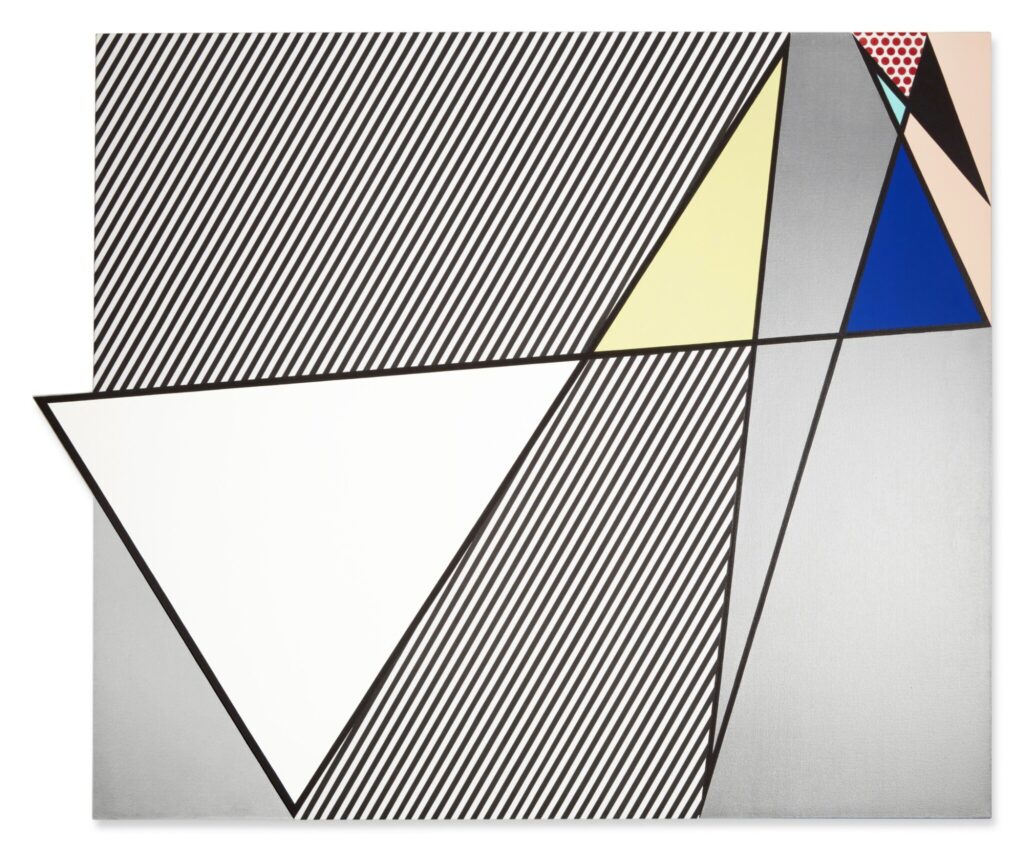
We are in a time of narrowing our possibilities. Movies, music, literature and art are assessed not on their ability to cause us to explore what it means to be human, but on the character of those who created them. Statues of those who worked to bring something better into the world – in Portland that includes statutes of Washington, Jefferson, and Lincoln – have been toppled, not to be restored, because they did not fulfill our contemporary standards of morality. To populate the public arena with images that only convey the most rigorous moral achievements denigrates the holy dimension of what it means to be human: to be constantly in the process of becoming.
The Jewish Bible is a tale of characters who lie, murder, lust, cheat, and steal. And those are not the villains of our stories. They are our heroic figures. The Bible is telling us that we are always and inevitably incomplete and imperfect. The Bible itself ends, with 2 Chronicles, not with arrival but with another leaving. We are unfinished. The Bible presents paradise not as a destination but as a point of departure.
Last week’s Torah portion, the story of Creation, ends with the words: “Noah found grace in the eyes of God.” Why? What did Noah do to deserve that? Nothing. He had done nothing. That simple sentence is not a statement about Noah. It is one about God: an expression of an abundant love for the possibilities we carry. And those possibilities are fulfilled, or not, in a specific time and in a specific place: “Noah was blameless in his age” (Genesis 6:9).
The story of Noah continues a lesson taught in the opening chapters of Genesis: Trying to be perfect is the most tragic human mistake. All of the protagonists in Torah are flawed human beings. Yet, they are the ones who move the narrative forward to the land of promise…and once lost to exile, back to it again. We are their descendants. Their mission remains ours: To embrace imperfection as the medium within which to find the peace and serenity we crave.
Roy Lichtenstein was one of the primary drivers behind the Pop Art movement of the 1960’s, which challenged the standards of the dominant art movement of the day. Whereas Abstract Expressionism explored the heat generated by the human search for meaning in one’s soul, pop art explored the meaning of human existence through pre-existing images in the cool medium of advertising. Abstract Expressionists layered on their paints, creating thick, dimensionally complex canvasses. Pop artists produced flat canvasses, full of easily recognizable images from ads, cartoons, television, and news photos. Art need not be the domain of only the priests and priestesses of fine art; we see it and live with it around us every day.
In the mid-1980’s Lichtenstein produced a series of paintings on the themes Perfect and Imperfect. With all of them, he began with a pencil sketch of a single line that would zig zag and cross over itself multiple times to create a plane of polygons. In the Perfect paintings all of the geometric shapes are neatly confined in their frames. They celebrate boundaries. However, with the Imperfect paintings Lichtenstein intentionally extended lines beyond the borders of the composition. Pieces jut off the canvass, beyond the frame. They introduce the notion of artistic error. For Lichtenstein, missing the mark becomes part of the creative process.
The Lizensker Rebbe, who escaped the Nazis in Romania as an infant, taught: “Only God is perfect. A human’s actions must be basically defective in part. If one believes one’s good deed or holy study to be thoroughly pure and perfect, this is a sure sign that they are thoroughly bad.”
Torah presents us Noah, and the rest of our ancestors, not to judge them…but as provocation to examine ourselves. And perhaps we can arrive at a place where we will look at both ourselves and others with a divine sense of grace.
Join us here at 7:00 p.m. (PDT) Thursday October 27 as we explore the spirituality of imperfection.


